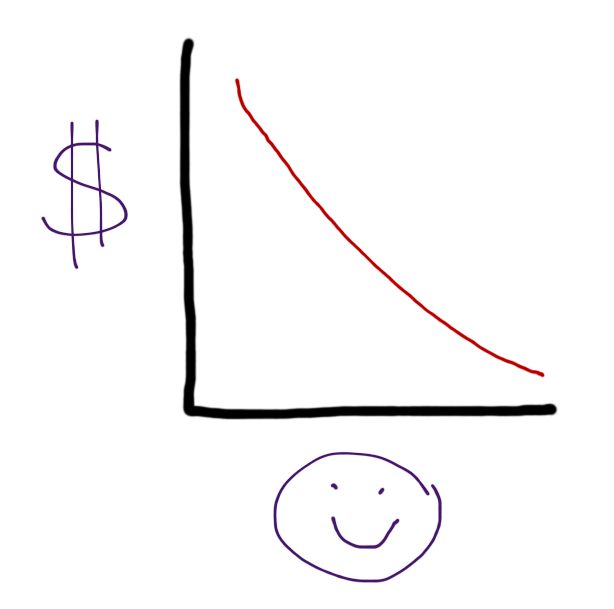Do You Hear The Words That Are Coming Out Of My Mouth?!
 Monday, February 13, 2012 at 10:40AM
Monday, February 13, 2012 at 10:40AM  CAtennis
CAtennis  "But that's NOT what I said!!!" Have you ever had a discussion with your coach or your child's coach that has ended or included a statement along the lines of the above? Chances are that, if you've been around this game long enough, you have been exposed to these sentiments on more than one occasion. You see, communication is often an imperfect endeavor. What I think, is not necessarily what I put into words; what I put into words is not always what you hear; what you hear is not always what your brain translates. Therefore, it is imperative for both player and coach to choose their words wisely and use some critical thinking skills (along with patience) in order to synthesize and grasp the message.
"But that's NOT what I said!!!" Have you ever had a discussion with your coach or your child's coach that has ended or included a statement along the lines of the above? Chances are that, if you've been around this game long enough, you have been exposed to these sentiments on more than one occasion. You see, communication is often an imperfect endeavor. What I think, is not necessarily what I put into words; what I put into words is not always what you hear; what you hear is not always what your brain translates. Therefore, it is imperative for both player and coach to choose their words wisely and use some critical thinking skills (along with patience) in order to synthesize and grasp the message.
Here are some examples of actual discussions that we have had with players (high level) over the past week:
1. Does "play aggressive" mean that you have to "attack"? Does it mean to "hit winners"?
2. Does "lift" mean the same thing as "top-spin"?
3. Does "open up the court with a cross-court" mean "play cross-court"?
4. Is "coming in" limited to "serve and volleying", "chip and charging" or through a "powerful ground-stroke"? Can one come in off a heavy topspin lob? A drop-shot?
5. Does "make adjustments" mean "change your game"?
6. Does "patience" mean "push"?
7. Does "touch" mean "drop shots"?
8. Does "play your game" mean that you shouldn't take all factors into consideration and fine-tune it given the opponent's particular game-style?
9. Does "pound the returns down the middle" mean that you can't take some chances when the opportunity arises?
10. Does "never hit a drop shot from behind the baseline" mean that it's "always a bad play"?
The reality is that a lot of players are looking for firm rules in order to simplify their on-court existence. But tennis is an imperfect science. You not only have to deal with your personal issues but also the actors thrown your way by the conditions and your opponent. The "always" and "nevers" come with numerous exceptions. Accordingly, it is imperative for coaches to select the appropriate words and for the players to take some time in order to analyze the message before jumping to conclusions which could result in friction, distrust and, too many times, a parting of the relationship.



